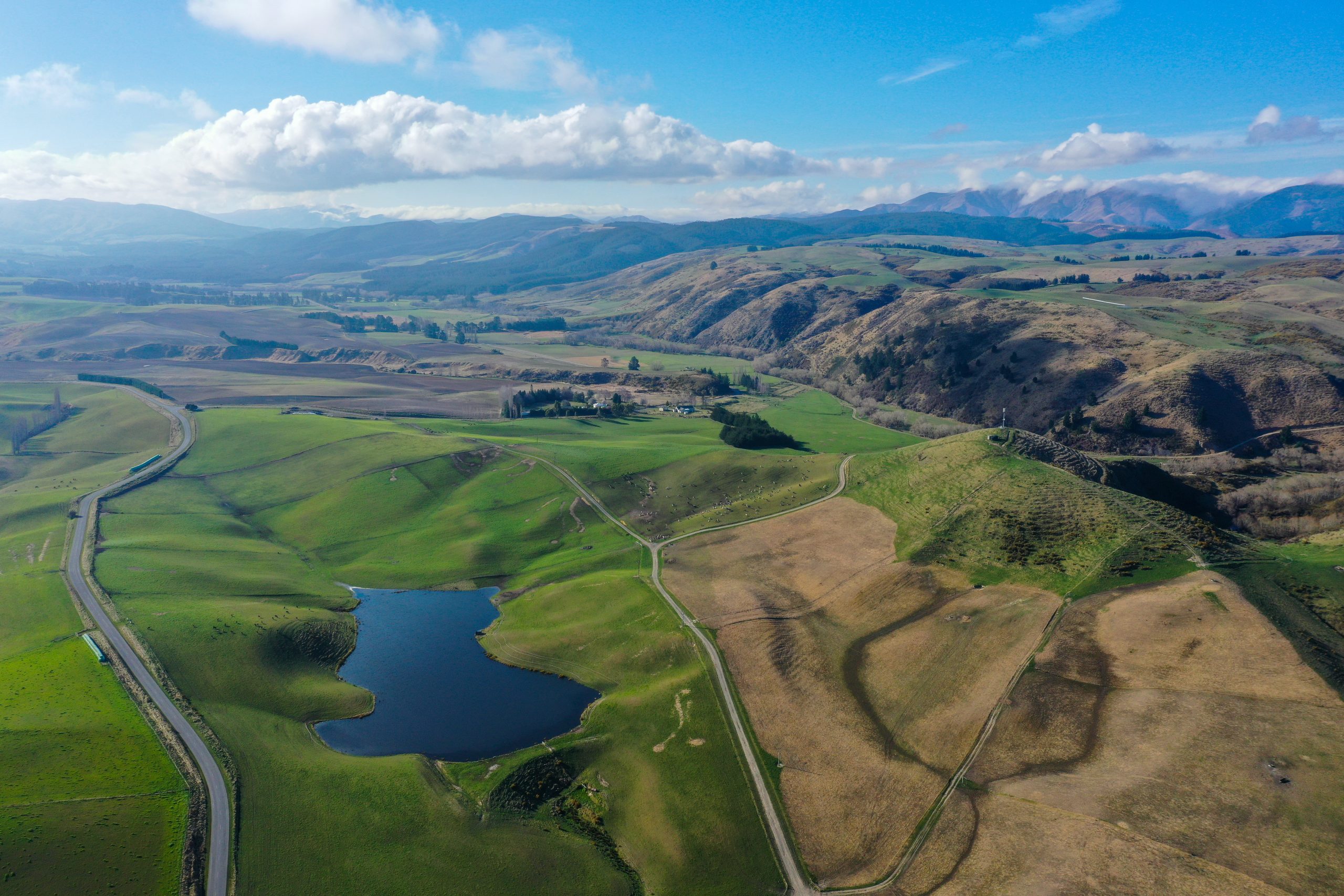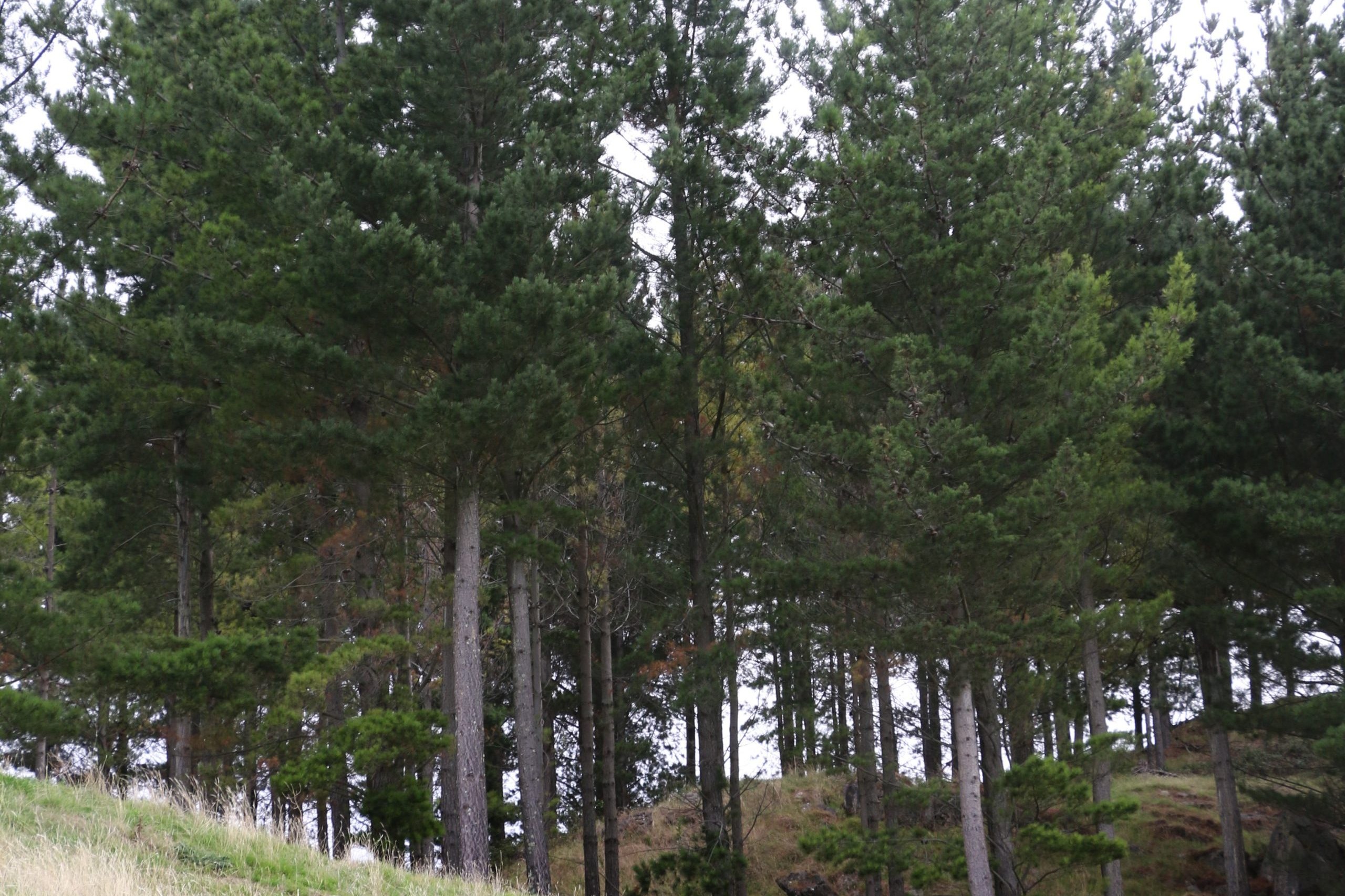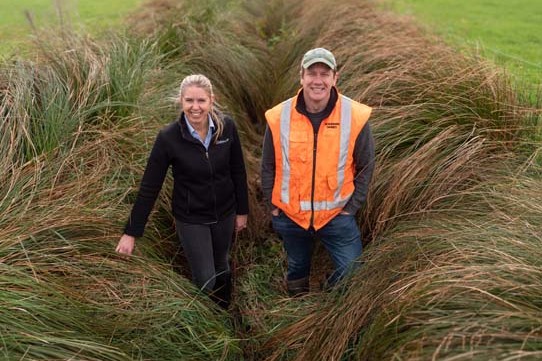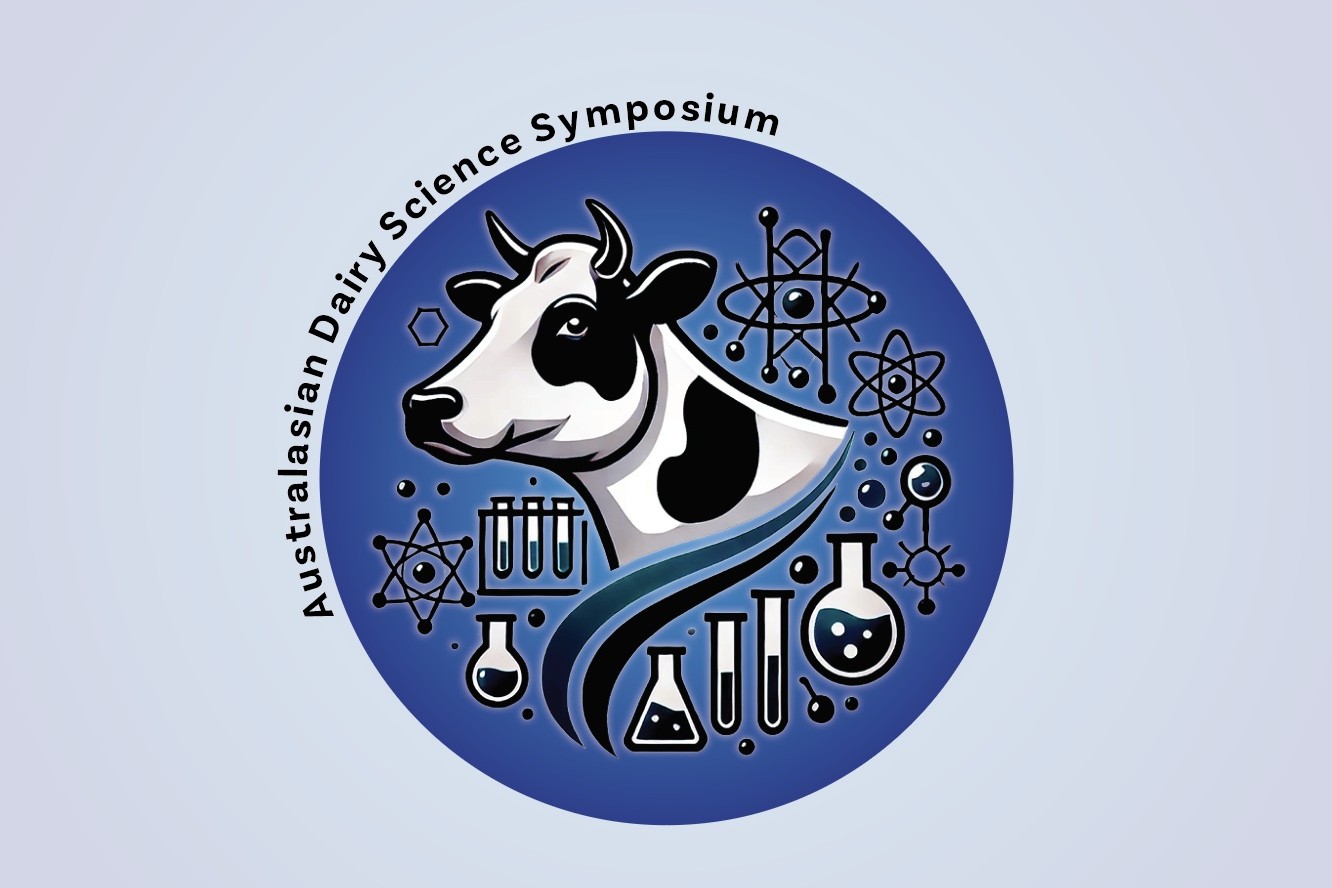Recommendations for changes to the proposed winter grazing rules have been presented to Government ministers in December from an advisory group aiming to improve the practicality of rules and to achieve better environmental outcomes.
The Southland Advisory Group was formed after concern from farmers and sector organisations that a number of rules were impractical, challenging to meet and costly for councils to implement.
The rules are part of the Government’s National Environmental Standard for Freshwater.
“While DairyNZ supports the intent of the Government’s regulations, which is to protect the environment, the rules need to be fair, reasonable and achievable,” DairyNZ strategy and investment leader Dr David Burger said.
“We are pleased to have worked with farmers and sector organisations to develop clear and practical recommendations for onfarm wintering actions which will lead to better outcomes for the environment and local communities.”
Following a meeting with the Ministers in September, a group was formed and asked to look at the implementation of the intensive winter grazing rules within the new National Environmental Standards for Freshwater.
The group included several farmers, and staff from Beef + Lamb NZ, DairyNZ, Federated Farmers, Fish and Game and Environment Southland, who have worked together on finding practical solutions to some of the issues raised with implementing the regulations across the country.
Environment Southland chairman Nicol Horrell is very pleased the group has worked so well together and has come up with a package of recommendations to make the regulations more practical to implement for farmers while not diminishing the protection they give to waterways.
“The group has worked at pace and come up with some very practical suggestions. I am optimistic this report and recommendations will land well with Ministers and officials,” Horrell said.
‘We are pleased to have worked with farmers and sector organisations to develop clear and practical recommendations for onfarm wintering actions which will lead to better outcomes for the environment and local communities.’
Regulations announced in August were focused on getting swift improvement in water quality. Keeping this goal as their key focus, the recommendations put to Minister for the Environment David Parker and the Minister of Agriculture Damien O’Connor this week aim to ensure this happens.
In the report, the group notes that improvements are needed to intensive winter grazing practices – intensive winter grazing, when done poorly, poses risks to waterways.
“There is low tolerance (in the community) for farmers who are not improving their intensive winter grazing practice as they are seen to be “letting the side down” and bringing the practice into disrepute.”
In working through the detail, the group looked into the intent of the rules and in a few cases identified practical challenges with the implementation and potential perverse outcomes.
Suggested improvements or alternatives have been made and additional measures have also been suggested. Most importantly, the group agrees farm environment plans are the future for managing freshwater.
While this important tool is developed further, the group recommends work commence immediately on a step that can be used in the interim – an intensive winter grazing module. This would enable farmers to identify the specific risks on their property, and show alternative good management practices they are implementing to mitigate the impacts on freshwater.
The group has also recommended a measure which focuses on managing critical source areas. The pugging and resowing rules would lead to perverse outcomes, however managing these areas would lead to improved environmental health. The recommendation suggests critical source areas are protected within intensively grazed areas (leaving a five-metre-wide, uncultivated and ungrazed buffer).
Managing critical source areas is accepted good management practice and embedding this concept into the regulations is seen as the best way forward.
The advisory group will present their recommendations to the national Freshwater Implementation Group and ministers are seeking advice from officials before determining any next steps.
“This collaborative approach is the way forward for developing regional council plans as the National Environmental Standard for Freshwater takes effect over the next few years,” Burger said.
“We know farmers have made significant strides in improving their wintering planning and care for the environment and animals, and acknowledge there’s more to do – we are on the journey.”
Key recommendations:
- Until a certified freshwater farm plan process is available, an alternative should be provided to enable farmers to show alternative GMPs they are implementing that will mitigate adverse effects to freshwater health, when they cannot meet the permitted activity conditions. An intensive winter grazing module is recommended as an interim measure.
- A new condition is recommended requiring critical source areas are protected within winter grazing areas (this means leaving a 5m wide, uncultivated and ungrazed buffer).
- Amendments recommended to some of the conditions, including: The pugging and resowing date conditions are not practical or effects focused, therefore they should be deleted.
- Slope rule should be amended to allow intensive winter grazing on slopes of 15 degrees or less (removing the requirement to determine the mean slope of a paddock and replacing it with a specific maximum slope).
Membership of the Southland Intensive Winter Grazing Advisory Group:
- Two farmers: Paul Turner (dairy farmer, and previously a deer farmer), Dan Frew (sheep and beef farmer)
- Beef + Lamb NZ: Corina Jordan (environment policy manager)
- Dairy NZ: Matt Highway (environment change manager)
- Fish & Game: Jacob Smyth (resource management officer)
- Environment Southland: Lucy Hicks (policy and planning manager)
- Federated Farmers: Bernadette Hunt (vice president, also sheep, beef, arable, dairy grazing farmer).





